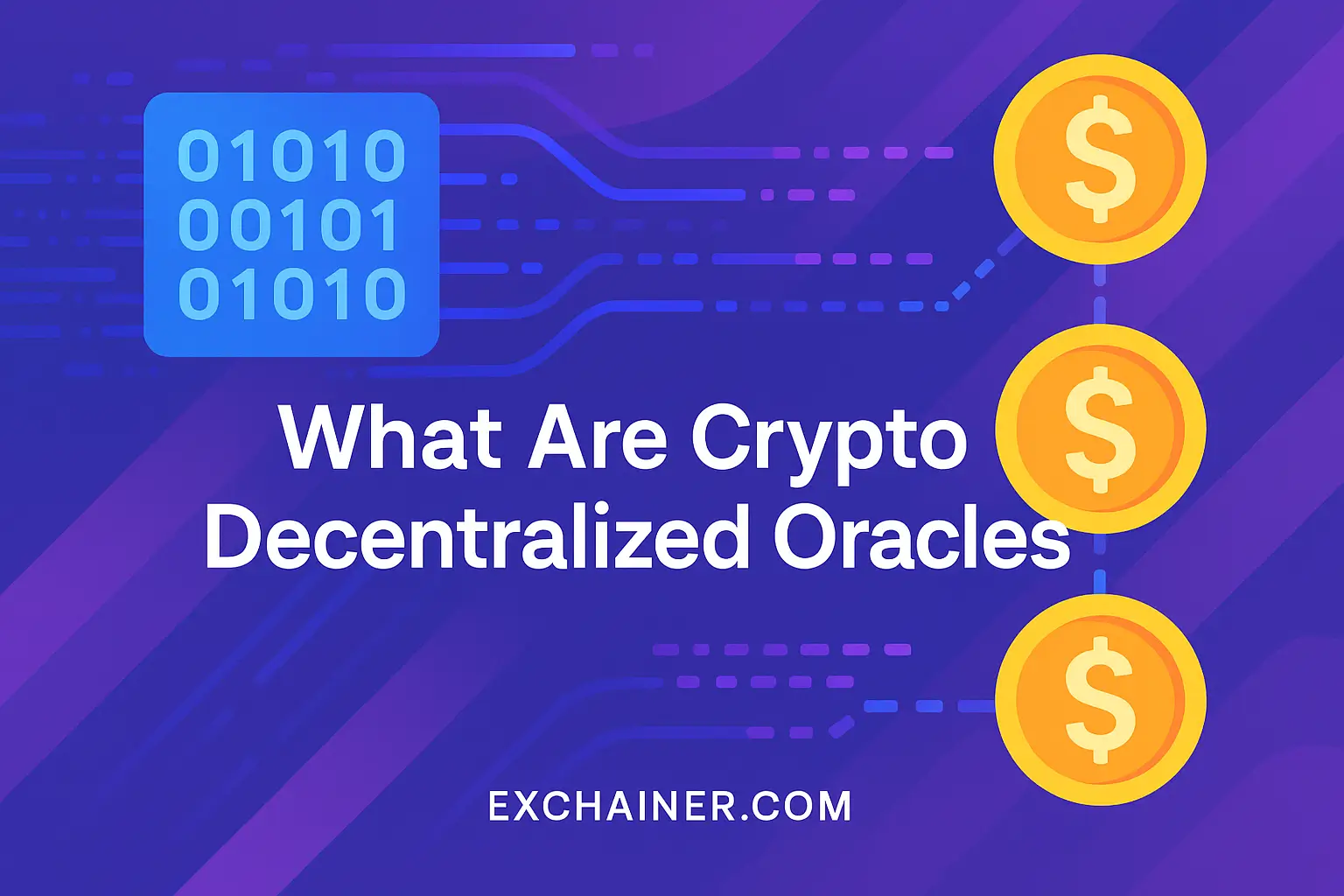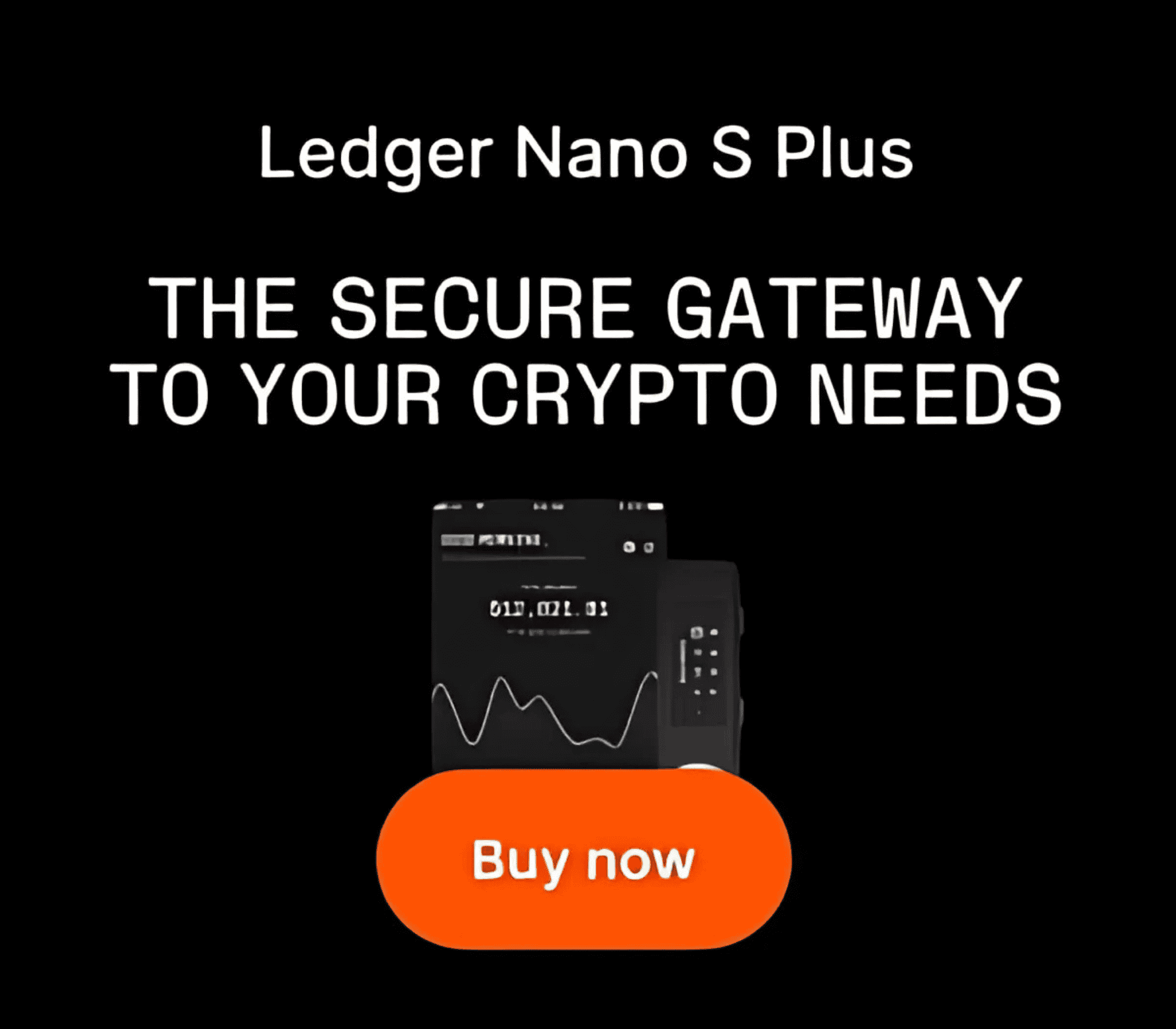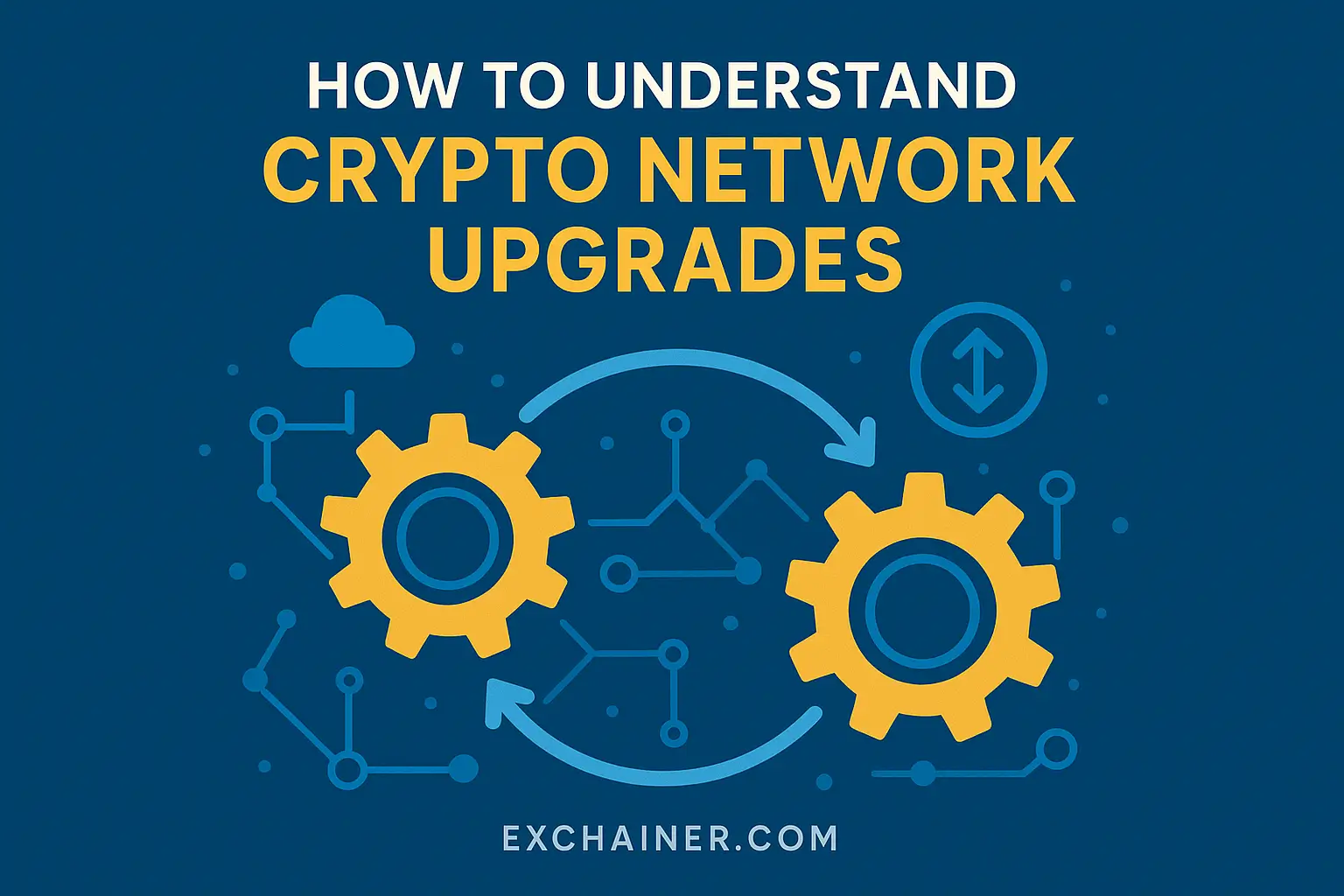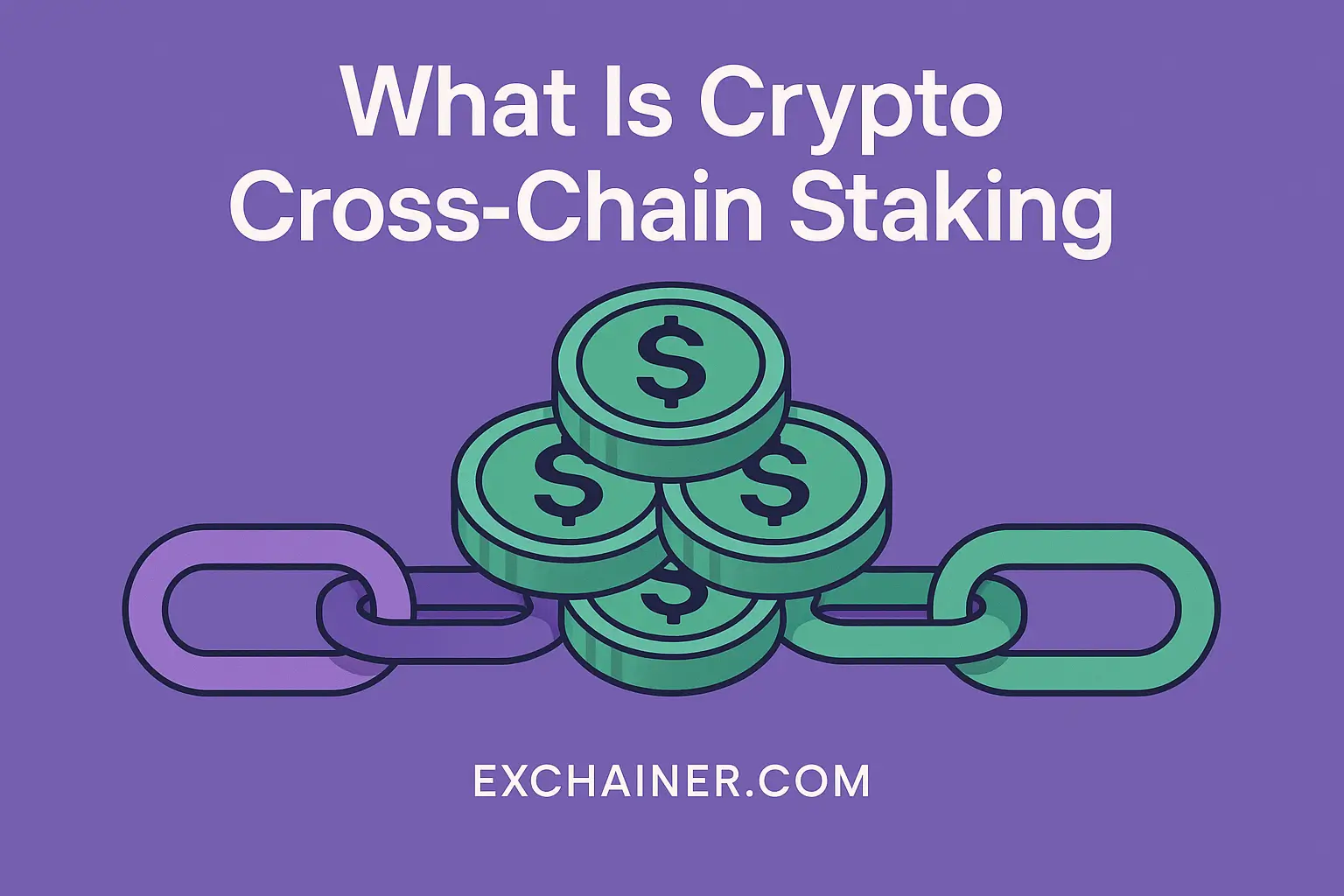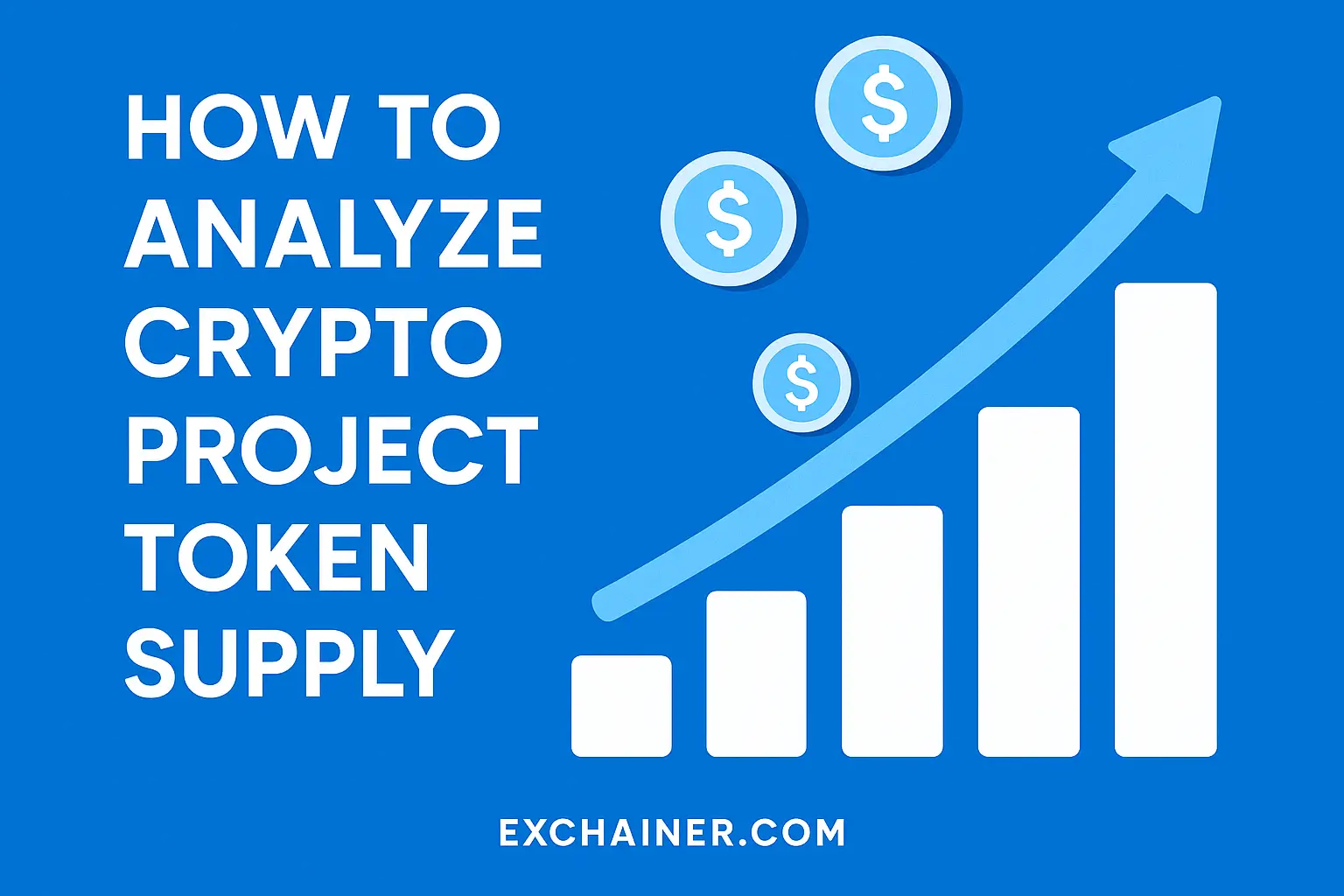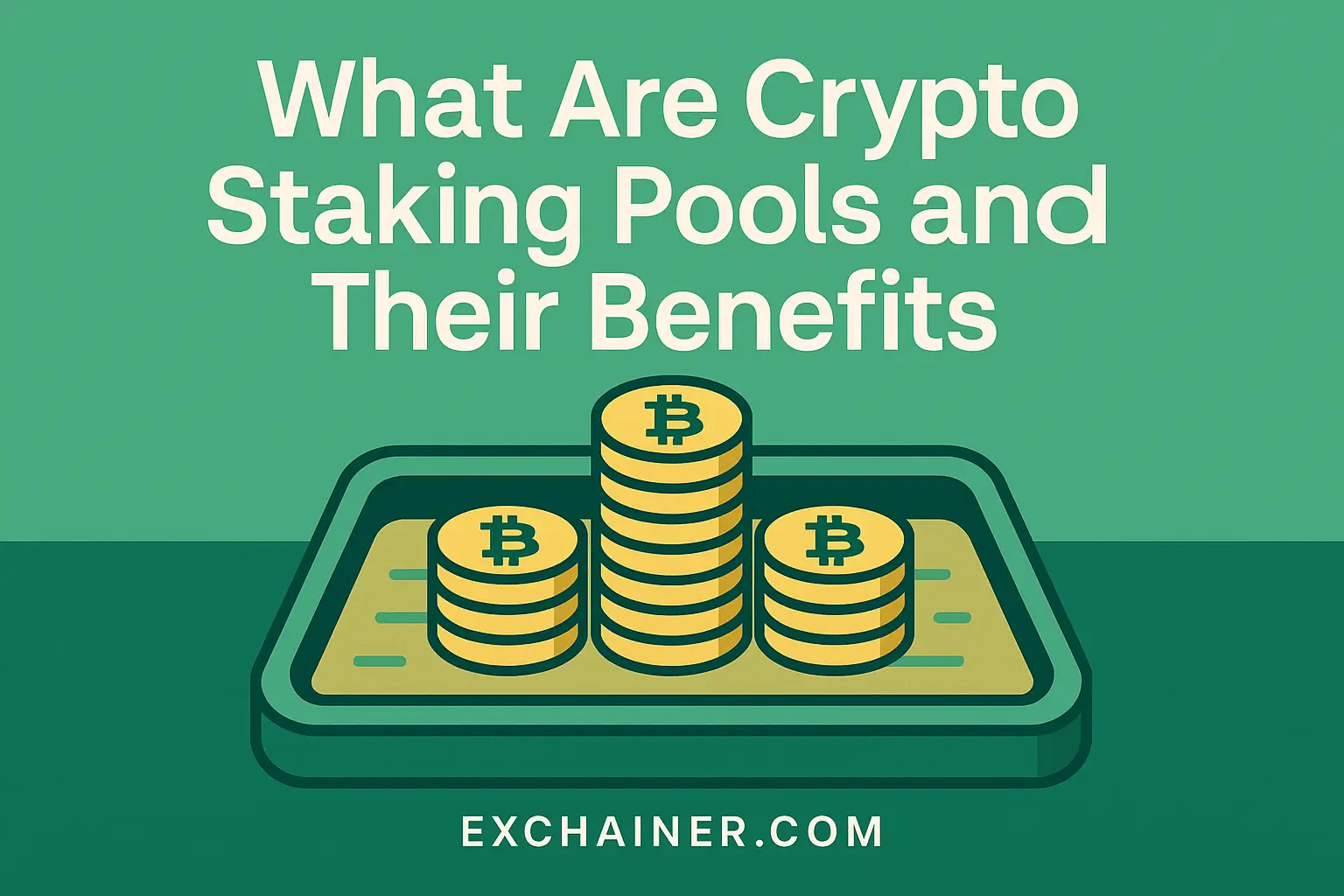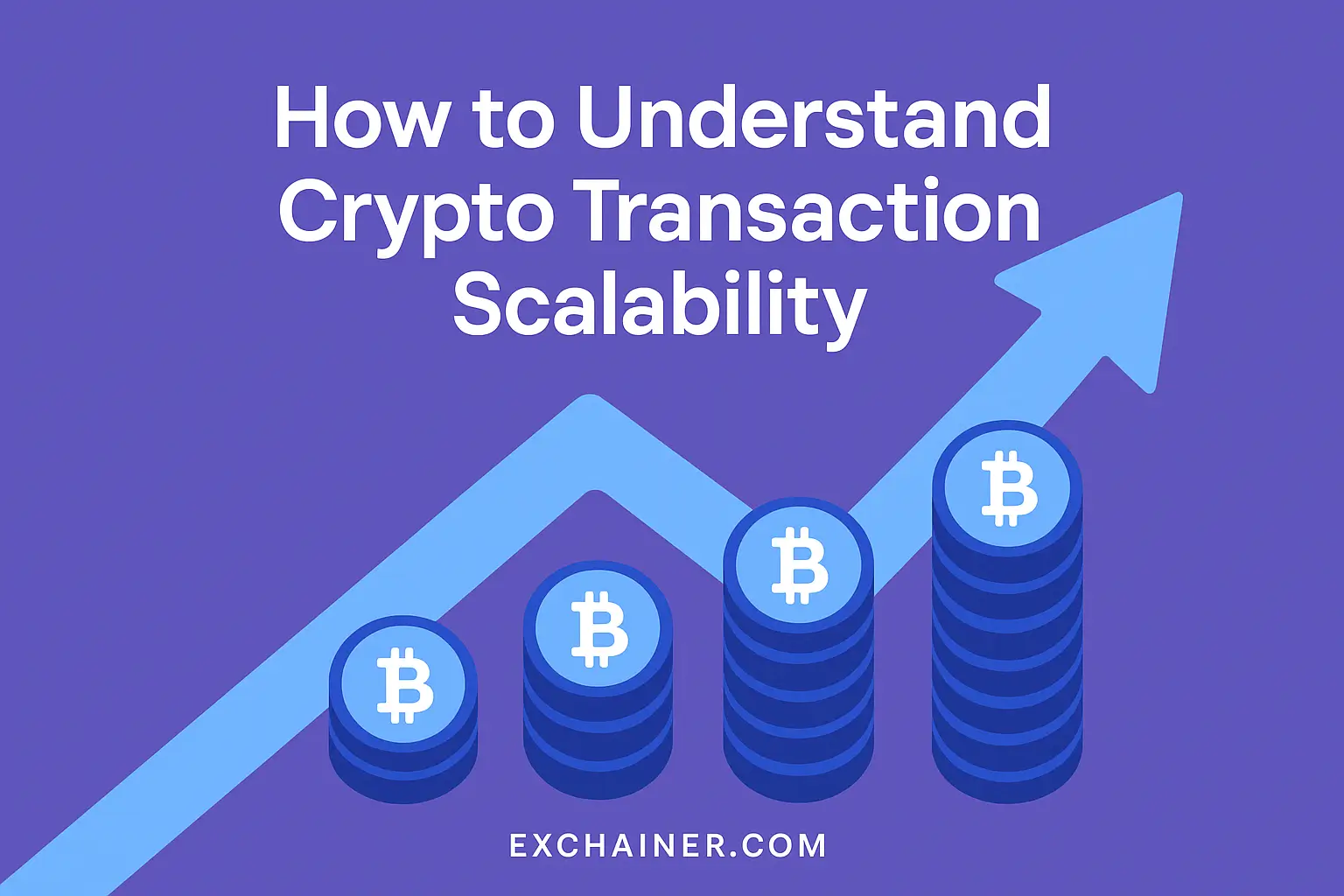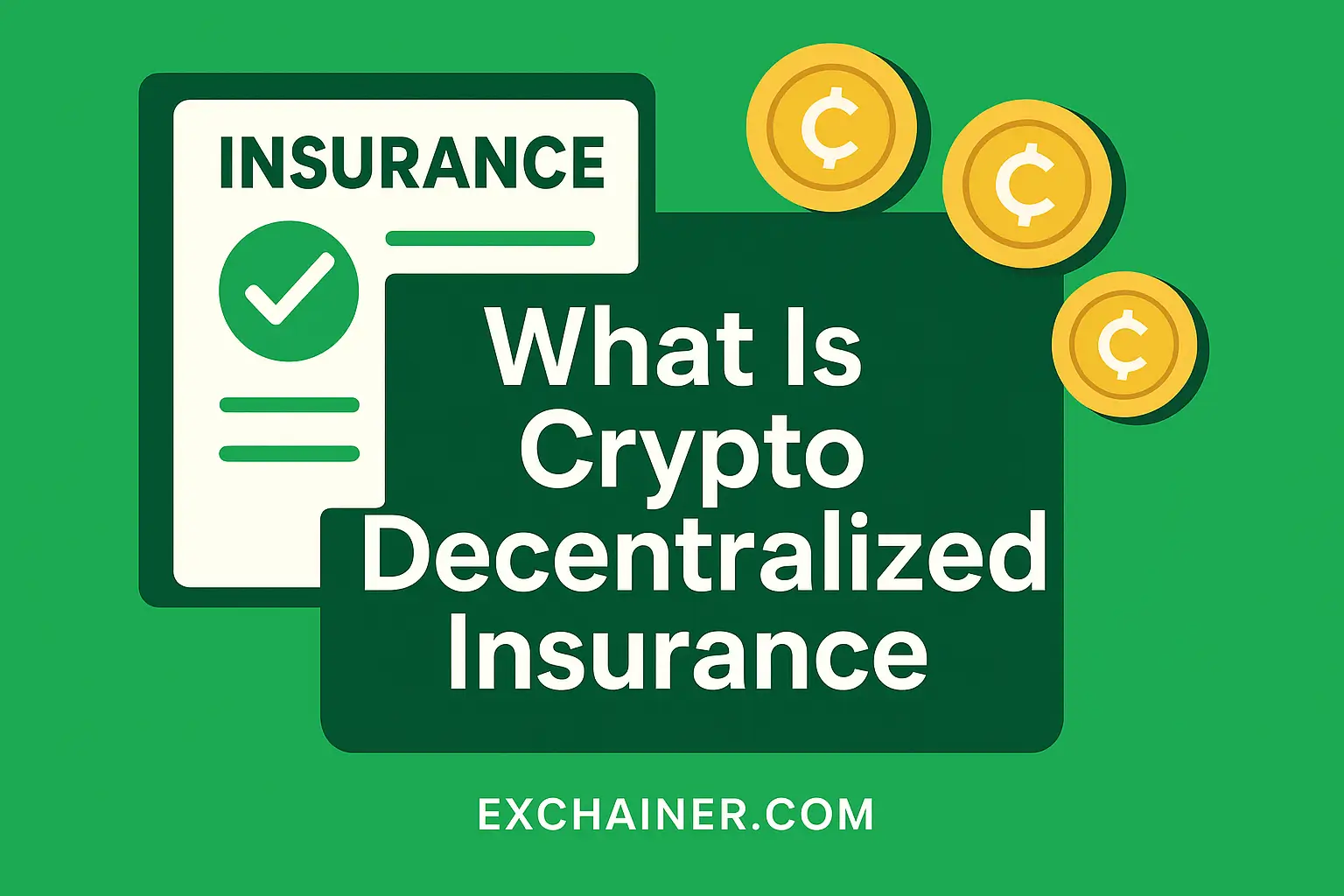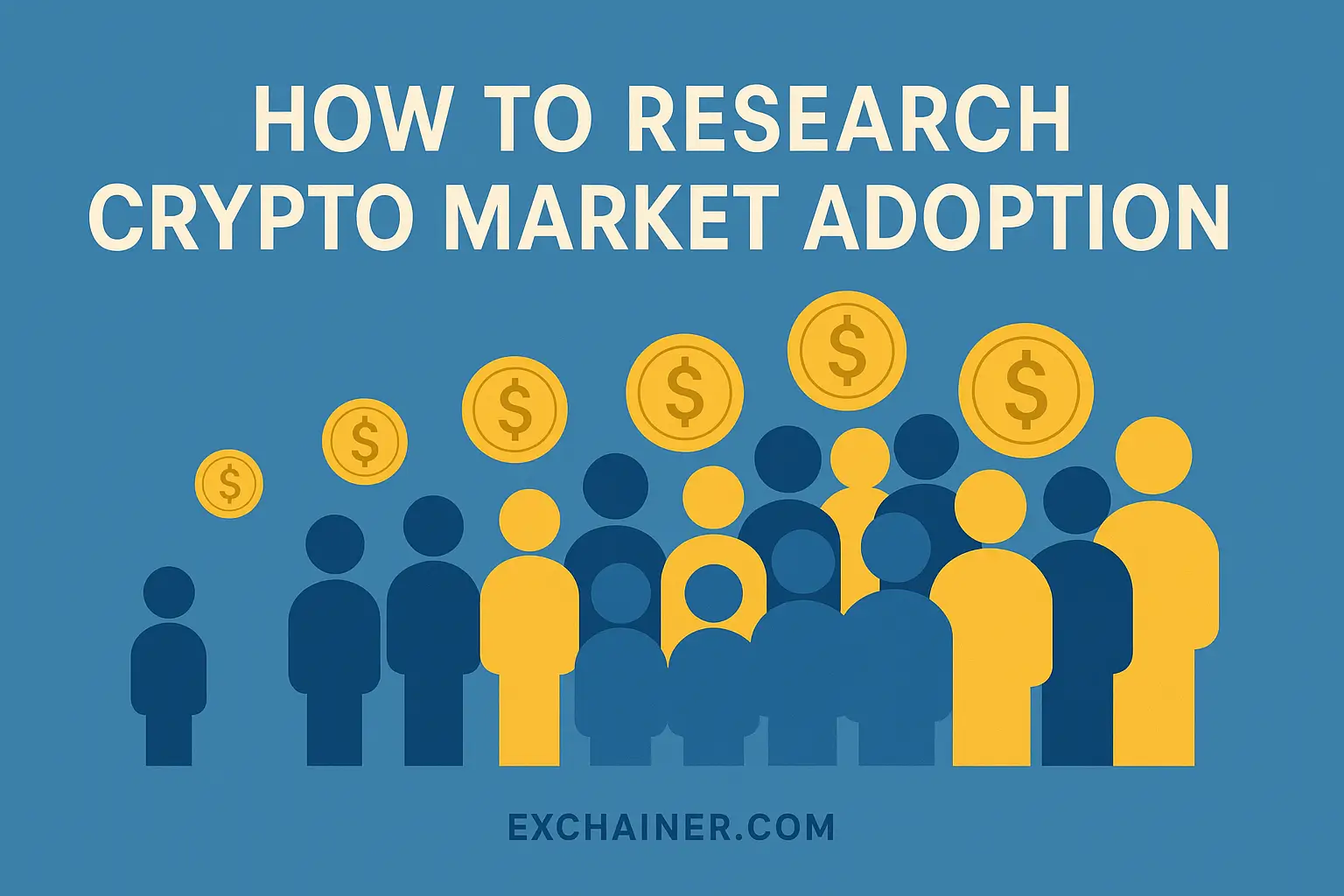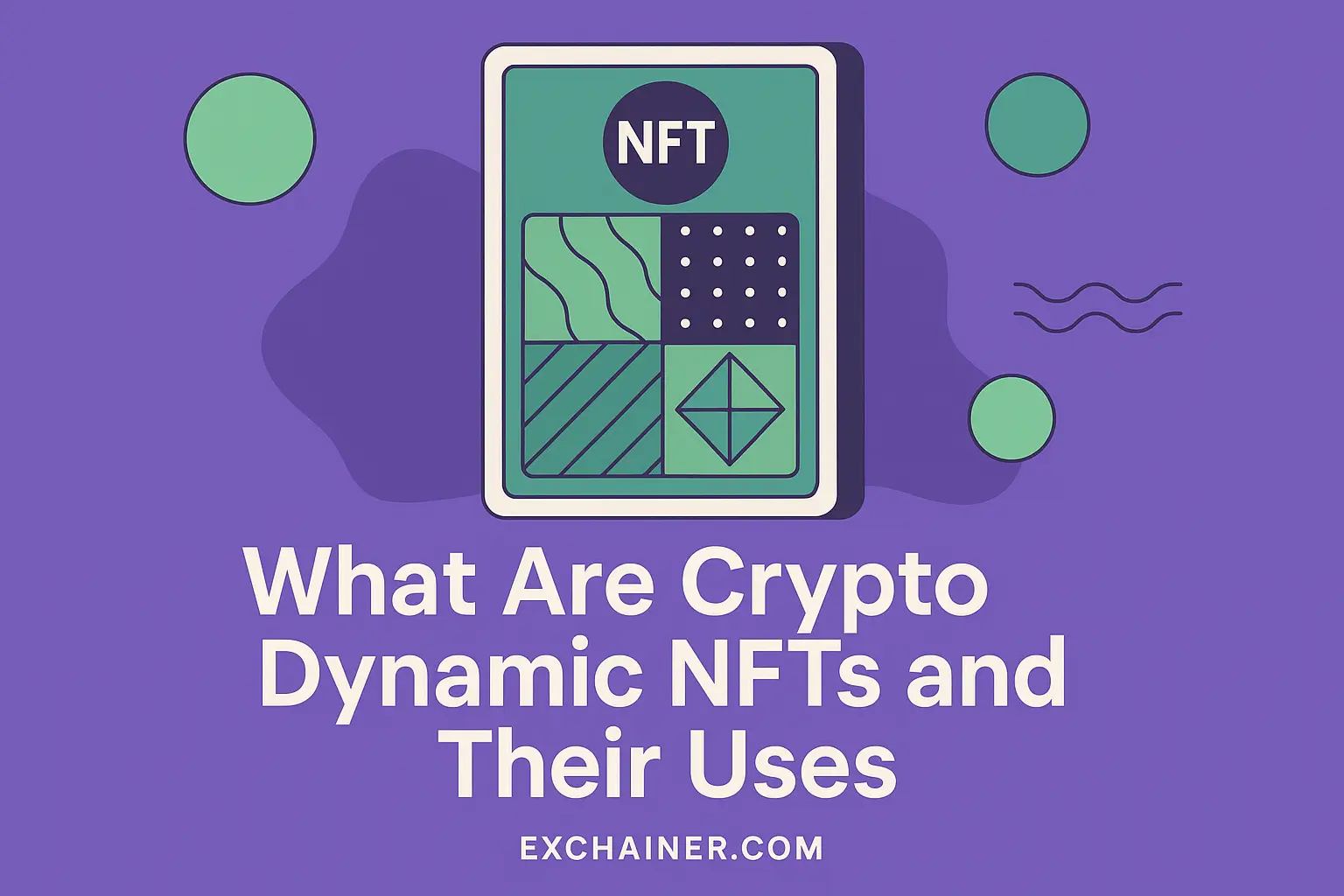Unlocking the Power of Decentralized Oracles in Crypto
Friends, diving into the crypto universe often feels like venturing into uncharted territory filled with fascinating technology and mind-bending concepts. One such game-changer that’s quietly transforming the way blockchain networks operate is decentralized oracles. If you’ve wondered how blockchains can interact meaningfully with real-world data or why they sometimes seem limited in what they can do, decentralized oracles hold the key to these puzzles.
Understanding decentralized oracles is essential for anyone looking to grasp the full potential of cryptocurrencies and decentralized finance (DeFi). In simple terms, these oracles act as bridges between blockchain platforms and external data sources, enabling smart contracts to execute based on real-world events. Without them, blockchains would be isolated islands, unable to respond to changes outside their coded environment.
This beginner guide will walk you through what decentralized oracles are, why they matter, how they differ from traditional oracles, and practical examples of how they power the crypto landscape. By the end of this deep dive, you'll see the magic behind this technology and how it strengthens crypto ecosystems, making them more trusted, transparent, and versatile.
What Is a Decentralized Oracle? Crypto Explained Step-by-Step
At its core, an oracle is any system that feeds external information into a blockchain network. Because blockchains are inherently closed systems, they cannot access external data like weather reports, sports scores, or financial market prices directly. That’s where oracles come in: they provide this crucial real-world information enabling smart contracts to act accordingly.
A decentralized oracle, however, takes this one step further. Instead of relying on a single data provider—which could be unreliable or vulnerable to manipulation—it aggregates data from multiple sources and distributes it in a trustless manner. This decentralization boosts security and reliability, reducing the risk of fraud or wrong data impacting contract outcomes.
Think of it like this: a traditional oracle is like asking one friend for the weather forecast. If they get it wrong or decide to lie, you’re stuck with false info. Decentralized oracles, by contrast, are like consulting a crowd of weather apps and taking a consensus. This way, you get a much more accurate and honest answer.
Why Decentralization Matters in Oracles
Decentralized oracles solve the “single point of failure” problem. In blockchain, trust is paramount, and if one oracle can manipulate the data, it defeats the entire purpose of a transparent ecosystem. By distributing trust across several independent nodes and mechanisms, decentralized oracles maintain data integrity and prevent tampering.
Additionally, decentralized oracles align with the ethos of blockchain itself — removing intermediaries and fostering open, transparent networks.
How Decentralized Oracles Work: A Closer Look
Let’s unpack how these oracles operate practically. Imagine a smart contract for decentralized insurance that pays out if it rains a certain amount of rainfall in a location. To trigger this contract, it needs verified data confirming rainfall levels from reliable sources.
Here’s the process:
-
Data Request: A smart contract sends a request for specific data (e.g., rainfall statistics).
-
Data Collection: Multiple oracle nodes fetch this data from various trusted web APIs, sensors, or databases.
-
Aggregation: The collected data is verified, aggregated, and cross-checked by the oracle network, eliminating outliers or suspicious inputs.
-
Delivery: The consensus-verified data is sent back on-chain to the smart contract.
-
Execution: Based on this data, the smart contract executes the agreed terms automatically.
This mechanism involves cryptographic proofs and consensus algorithms ensuring the data’s authenticity.
Different Types of Decentralized Oracles
-
Data Oracles: Provide external info such as price feeds, weather data, or event results.
-
Inbound Oracles: Bring off-chain info into the blockchain.
-
Outbound Oracles: Enable blockchains to send data out to external systems.
-
Cross-chain Oracles: Facilitate communication and data sharing between different blockchains.
Understanding these types helps you see where decentralized oracles fit in various crypto projects.
Real-World Use Cases of Decentralized Oracles in Crypto
The practical applications of decentralized oracles are already reshaping crypto industries. Let’s explore some popular ones:
1. Decentralized Finance (DeFi)
DeFi applications rely heavily on accurate and timely data feeds—especially price information for assets. Decentralized oracles provide real-time, tamper-proof price feeds that empower lending platforms, decentralized exchanges, and derivatives markets to function securely.
For example, Chainlink is one of the leading decentralized oracle networks, supplying trusted price data to numerous DeFi protocols.
2. Insurance
Parametric insurance products use decentralized oracles to trigger payouts based on verified events like natural disasters or crop yields. Farmers in remote areas can benefit from smart contracts that automatically compensate for unfortunate weather conditions.
3. Gaming and NFTs
Decentralized oracles enable blockchain games and NFT platforms to integrate real-world data such as sports scores or event outcomes, creating dynamic, interactive gaming experiences.
4. Supply Chain Tracking
Oracles can feed real-time shipping data to blockchain networks, enhancing transparency and traceability for goods across supply chains.
Example: DeFi Lending with Decentralized Oracles
Imagine lending your crypto assets on a DeFi platform. The platform uses decentralized oracles to track asset prices constantly. If your collateral value drops below a threshold, the oracle network triggers liquidation. Without reliable decentralized oracles, this process would risk errors, causing unfair liquidations or platform losses.
Benefits and Challenges of Using Decentralized Oracles
Advantages
- Reduces central points of failure and risk of data manipulation
- Increases trustworthiness of on-chain data and smart contracts
- Expands blockchain capabilities into real-world market integration
- Supports automation and scalability of decentralized applications
Challenges
- Complexity and cost of maintaining multiple oracle nodes
- Ensuring timely and accurate data aggregation
- Potential vulnerabilities if some nodes collude or fail
- Balancing decentralization with efficiency and speed
Even with these challenges, continuous innovation is making decentralized oracles more robust and accessible.
Getting Started with Decentralized Oracles: Tips for Crypto Users
If you’re interested in exploring decentralized oracles yourself, here are some practical tips:
-
Do Your Research: Not all oracle networks are equal. Check their decentralization level, reputation, and security history.
-
Understand Their Role in Your Projects: Whether you’re investing, building, or trading, knowing what oracles power your platform helps you assess risk.
-
Stay Updated: The oracle landscape is evolving fast, with new integrations and improvements. Follow reliable crypto news like CoinMarketCap or project blogs.
-
Experiment with Tools: Some decentralized oracle platforms provide development kits or APIs if you want to build custom integrations.
-
Learn Smart Contract Basics: Since oracles feed data into smart contracts, understanding contract logic helps grasp how oracles impact contract execution.
A Friendly Reminder
Remember, “Not your keys, not your coins” applies here loosely. While oracles enhance blockchain reliability, always be alert about dependencies and trust assumptions in your crypto activities.
Conclusion: Why Decentralized Oracles Are a Crypto Game-Changer
Friends, decentralized oracles are quietly but surely revolutionizing the crypto space. They solve one of the biggest limitations of blockchain technology — the inability to access trustworthy real-world data. By providing secure, trustless bridges between off-chain information and on-chain execution, decentralized oracles unlock powerful use cases that stretch far beyond simple transactions.
From DeFi price feeds to parametric insurance to complex gaming ecosystems, decentralized oracles are the engines powering next-generation decentralized applications. While challenges remain, the movement toward greater decentralization and reliability advances steadily.
Whether you’re starting your crypto journey or looking to deepen your knowledge, understanding decentralized oracles gives you an edge in navigating this dynamic landscape. Dive into the fascinating world of blockchain data oracles, experiment with tools, and always keep learning.
To keep the momentum going, check out more beginner-friendly guides and expert reviews on Crypto 101, explore different platforms in our Exchange Reviews, and secure your assets with the latest from Tools and Wallets.
Your journey into the future of crypto starts with knowledge—and decentralized oracles are a fundamental piece of that exciting puzzle!

